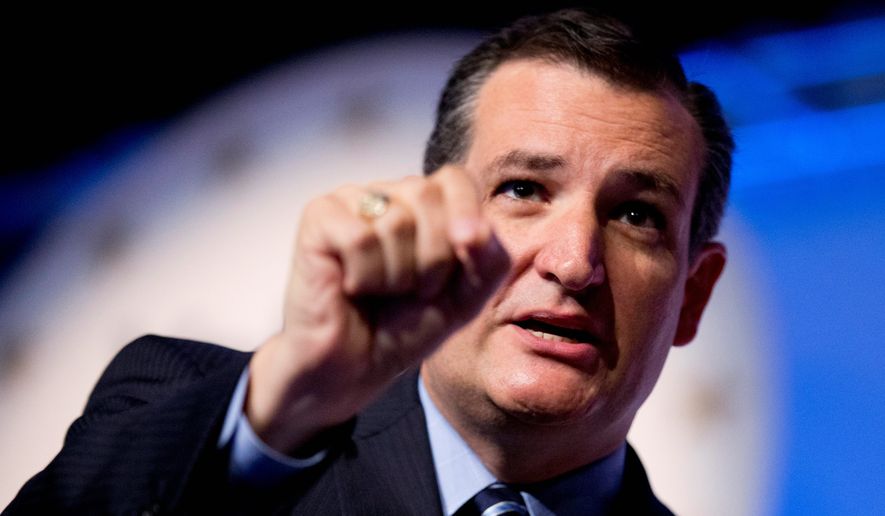OPINION:
President Obama wants to put the Internet firmly under his control. He announced Monday that he would apply to the Internet centralized rules written for the age of the telegraph. For the Internet’s own good, of course.
“Net neutrality,” says Mr. Obama, will preserve “a free and open Internet.” The Federal Communications Commission (FCC) will apply endless spools of red tape to the Internet, pulling tightly until the Internet is “more free.” Net neutrality sounds good, until you see that “neutrality” is just another government abuse of language. It’s not neutral at all.
“To put these protections in place,” the president says, “I’m asking the FCC to reclassify Internet service under Title II of a law known as the Telecommunications Act. In plain English, I’m asking them to recognize that for most Americans, the Internet has become an essential part of everyday communication and everyday life.” That much is true, but the president doesn’t want to leave it alone.
Democrats recoil at the idea of life without the scrutiny, regulation and taxation of government. Telephone service serves as the model of a highly regulated utility, and the administration proposes that everyone pretend that getting information on the World Wide Web is no different from dialing grandma on a landline. Internet companies, he says, must fall under the thumb of regulators as if they were public utilities or common carriers.
This is already prohibited by law. Through the Telecommunications Act, Congress has explicitly rejected attempts to regulate the Internet. In January, the U.S. Court of Appeals for the D.C. Circuit rebuked Julius Genachowski, Mr. Obama’s previous FCC chairman, for attempting to do what Mr. Obama proposes to do now, saying it was “obvious” that the FCC would “violate the Communications Act were it to regulate broadband providers as common carriers.”
Democrats and Republicans were emphatic in 1996 in exempting the Internet from regulation — the final bill passed 414 to 16 in the House and 91 to 5 in the Senate. The legislators anticipated that one day there would be bureaucrats knocking on the Internet’s door, saying, “We’re from the government, and we’re here to help.” The Internet, a wondrous invention that has indeed changed everyone’s lives, owes its success to having never answered that door. Google, which started as an online search engine, is so profitable now that it sits on $50 billion. That’s a lot of cash. Google needs no “help.”
Mr. Obama is more interested in getting his hands on those billions than in protecting online content. If the Internet is subject to FCC regulation, the next step would apply the Universal Service Fund regulations. These regulations tax cellphone service so that the administration can give away Obamaphones. Taxing the Internet would introduce many more wealth-redistribution schemes.
Tom Wheeler, the current chairman of the FCC, is also trying to apply antiquated television rules to online video services. His scheme would designate one type of streaming service as “multichannel video programming distributors,” or MVPDs, which subjects them to “must-carry” rules and regulations. It’s an effort to enable Aereo, an online television company, to overcome a Supreme Court ruling that its business model is a violation of copyright law.
Taxes and regulations won’t “save” the Internet. Complaints about the quality of broadband service derive from the government-granted monopoly status given to cable franchises. Cities and counties scare away potential competitors by charging outrageous fees for companies to lay new cables to take on the local cable provider, which has cut deals with local government officials.
Cable companies can ignore the complaints because customers often have no other options. The best opportunity for reform would be to eliminate such cable-franchise arrangements and the artificial monopolies that government “help” has created.




Please read our comment policy before commenting.